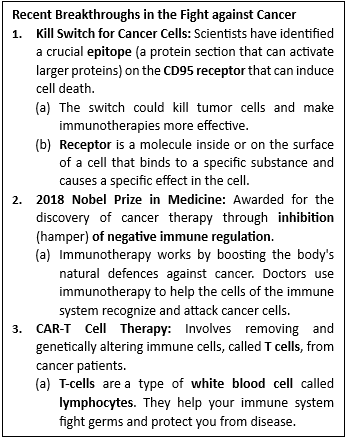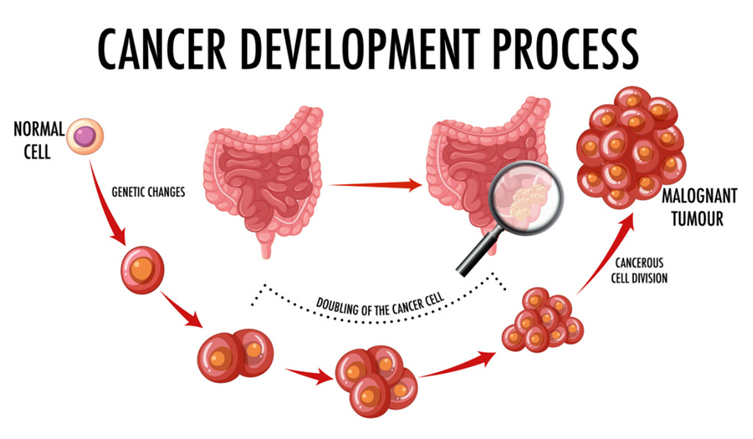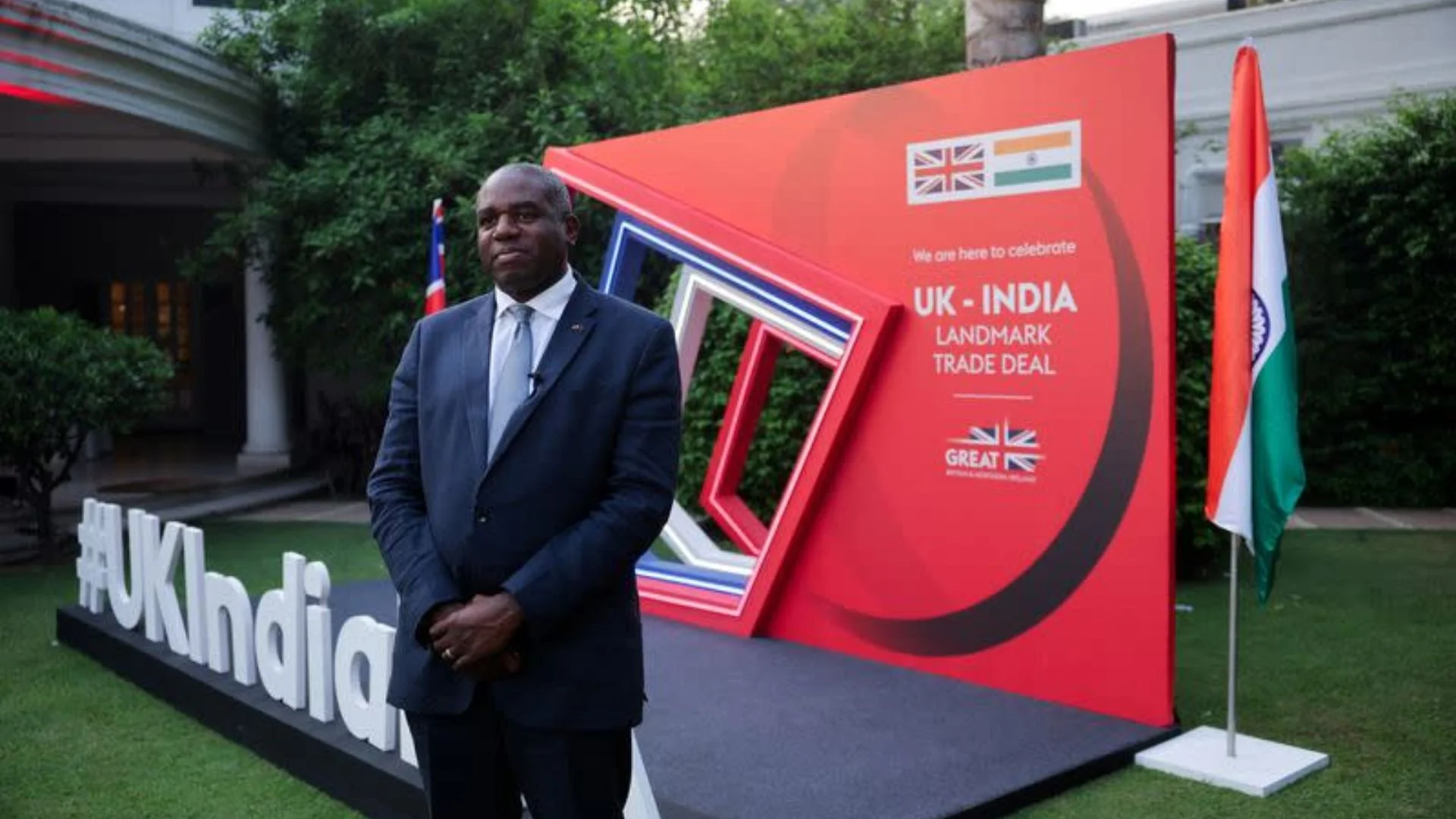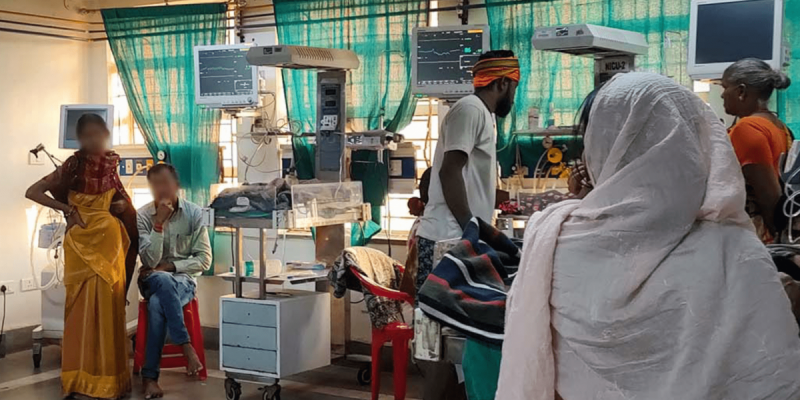- Courses
- GS Full Course 1 Year
- GS Full Course 2 Year
- GS Full Course 3 Year
- GS Full Course Till Selection
- MEP (Mains Enrichment Programme) Data, Facts
- Essay Target – 150+ Marks
- Online Program
- GS Recorded Course
- NCERT- First Ladder
- Polity
- Geography
- Economy
- Ancient, Medieval and Art & Culture AMAC
- Modern India, Post Independence & World History
- Environment
- Governance
- Science & Technology
- International Relations and Internal Security
- Disaster Management
- Ethics
- Current Affairs
- Indian Society and Social Issue
- CSAT
- 5 LAYERED ARJUNA Mentorship
- Public Administration Optional
- ABOUT US
- OUR TOPPERS
- TEST SERIES
- FREE STUDY MATERIAL
- VIDEOS
- CONTACT US
Global Cancer Crisis/ Global Burden of Cancer
Global Cancer Crisis/ Global Burden of Cancer
07-02-2024
Context
- Ahead of World Cancer Day, the International Agency for Research on Cancer (IARC) which is a part of the World Health Organization (WHO), released the latest estimates of the global burden of cancer.
- IARC coordinates and conducts research on the causes of human cancer and mechanisms of carcinogenesis (the formation of a cancer) and it aims to develop scientific strategies for cancer control.
Cancer Burden in India: WHO Estimates
- New cases of cancer among men mainly affect the lip, oral cavity, and lungs, comprising 15.6% and 8.5% respectively.
- Among women, breast and cervical cancers (develops in a woman's cervix, the entrance to the uterus) are most frequent, accounting for approximately 27% and 18% of new cases respectively.
- WHO's survey results from 115 countries show that many countries do not adequately finance priority cancer and palliative care services as part of universal health coverage (UHC).
- Palliative care is a type of medical care that provides physical, emotional, and spiritual support for people with chronic conditions (continues over a long period of time) or serious illnesses.
- Universal health coverage (UHC) means that all people have access to the full range of quality health services they need, when and where they need them, without financial hardship
 .
.
- In India in 2022, nearly 32.6 lakh people survived within 5 years of a cancer diagnosis. The risk of developing cancer before an age of 75 was 10.6%, with a 7.2% risk of death from cancer by the same age.
Global Cancer Burden: WHO Estimates
- Global estimates: Around 2 crore new cancer cases and 97 lakh deaths were reported, with approximately 5.3 crore people surviving 5 years post-diagnosis.
- Global cancer cases may rise 77% by 2050, with deaths increasing by 50%.
- Incidence: 1 in 5 (around 20%) people worldwide develops cancer in their lifetime, with 1 in 9 men and 1 in 12 women dying from the disease.
- Cancer management: Only 39% of surveyed countries cover cancer management in their core health services, and 28% cover palliative care.
- Common cancers: Lung cancer is the leading cause of global cancer deaths (19%), followed by breast cancer in women (7% of global cancer deaths), and cervical cancer ranks eighth globally.
- Highest cancer death rates: Europe has the highest age-standardized rate (a weighted average of the age-specific mortality rates per 1,00,000 persons) of cancer deaths (82 per 1 lakh people).
- Highest risk of developing cancer before the age of 75: Oceania (38%).
- Highest death risk from cancer: Europe (11.5%).
What is Cancer?
Causes and Prevention Strategies of Cancer
Government Initiatives in India
Global Efforts and Initiatives
|
Must Check: Best IAS Coaching In Delhi
India’s EV Mission: Progress Delayed, Not Denied
India’s EV Mission: Progress Delayed, Not Denied



